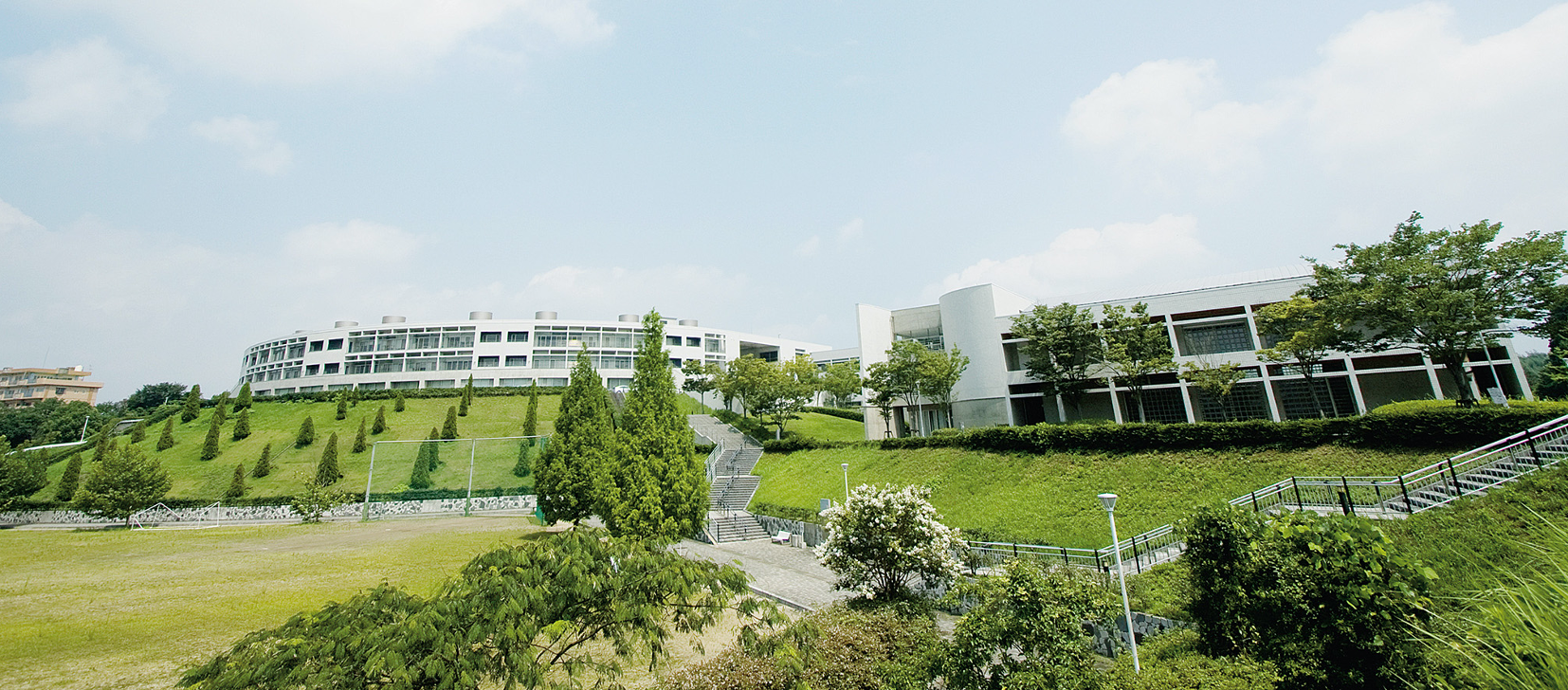The Nurse Practitioner Master's Course
Nurse Practitioner Education in Japan
In Japan, significant future demands will be made on our medical, health and welfare system because of our aging population and declining birth rate. These social factors will lead to a rapid increase in end-of-life care cases, dementia cases, older adult households and older adults living alone, and soaring medical and healthcare expenses generated by these problems. In 2008, OUNHS established the first nurse practitioner (NP) Master’s course in Japan to educate and train NPs to expand the scope of nursing practice to help address these serious problems.
Characteristics of Our Course
Our NP course trains nurses to provide primary care. It teaches how to conduct medical and nursing assessments from a comprehensive medical perspective and how to manage client symptoms in collaboration and cooperation with physicians. It expands the scope of nursing practice by systematically training nurses with high expertise who have specialized medical knowledge, clinical reasoning ability and advanced practical and decision-making skills. This is a higher level of ability than Japanese nurses have been trained to possess until now. Our graduates can provide patients with peace of mind by offering timely, safe and effective medical care.
Course Curriculum
Our NP course curriculum trains and educates nurses who can offer a higher level of care based on medically sound clinical reasoning enhanced by advanced ability in physical assessment, pharmacology and pathology. It enumerates seven essential competencies required for this purpose: 1) comprehensive health assessment, 2) management of basic medical procedures, 3) skilled nursing practice, 4) skilled nursing management, 5) collaborating and working in medical teams, 6) utilizing and developing local medical, health and welfare systems, and 7) ethical decision-making. Students acquire practical skills and ability by completing six hundred hours of clinical practice, which is the standard in the United States.
After Graduation
Our graduates are employed at outpatient departments and hospital wards, home medical care facilities, and health centers for older adults with severe psychosomatic disorders. They provide high-quality medical services in site through collaboration and cooperation with physicians. The evidence indicates that they improve the overall efficiency of their workplace by raising the level of nursing care, improving communication in medical teams, and increasing patient-family security by being able to offer more frequent and comprehensive consultation.
In health centers for older adults, preventive interventions by our graduates reduce hospitalizations by approximately half, reduce fevers of unknown origins, and lead to earlier diagnose and treatment. In home nursing stations, they provide treatment to critically ill patients and end-of-life care patients at home. In hospital wards, they provide early inspection and treatment of patients while physicians are occupied with consultation and surgical procedures, leading to an overall increase in efficiency of care.

